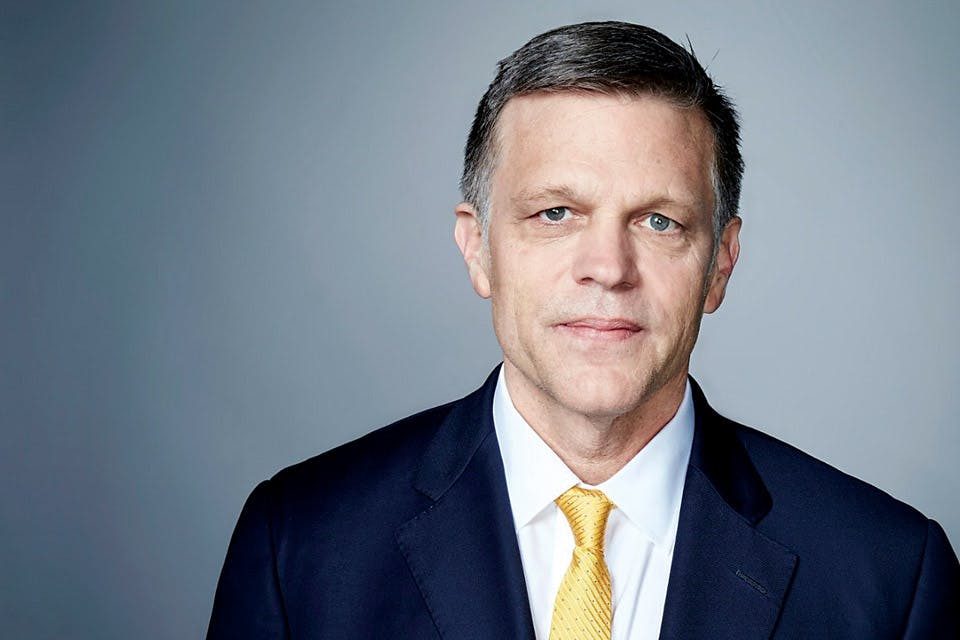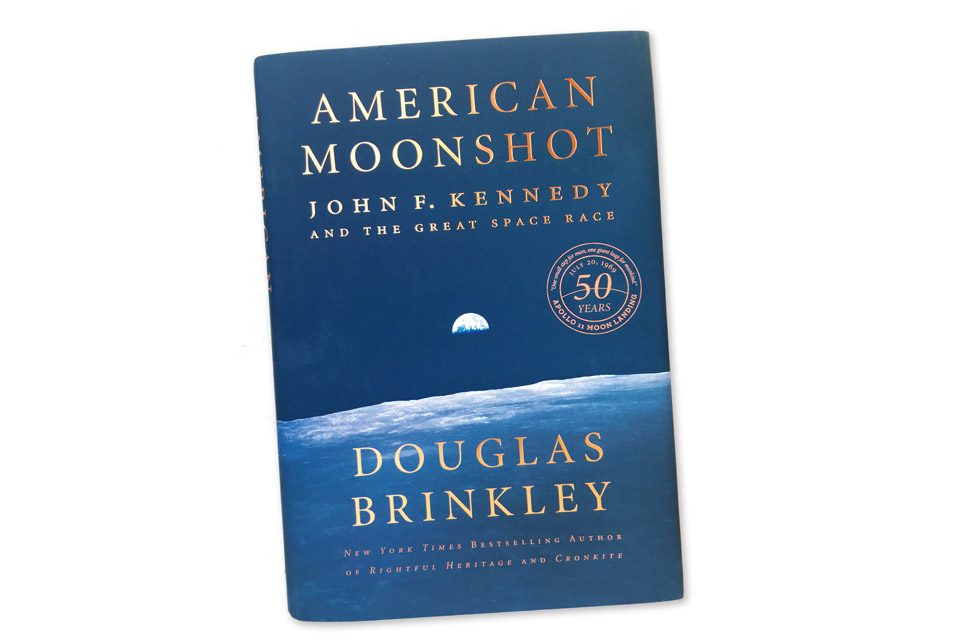Ohio Life
Author Douglas Brinkley on ‘American Moonshot’
The historian talked with us about President John F. Kennedy’s determination to put an American on the moon.
Related Articles

4 Ohio Summer Festivals that Celebrate Local Heritage
From frog jumps and fried walleye to tomato wars and chicken dinners, these events embrace the heritage of the communities they call home. READ MORE >>

Explore the History of 4 Ohio Cities on These Walking Tours
Whether you’re visiting for the first time or have lived there your entire life, these insightful treks are an entertaining way to learn more about these Ohio cities. READ MORE >>

Visit the Ohio Graves of 5 U.S. Presidents
Seven presidents were born in Ohio, and another called the state home before being elected. Connect with that history by visiting the final resting places of the five who are buried here. READ MORE >>




